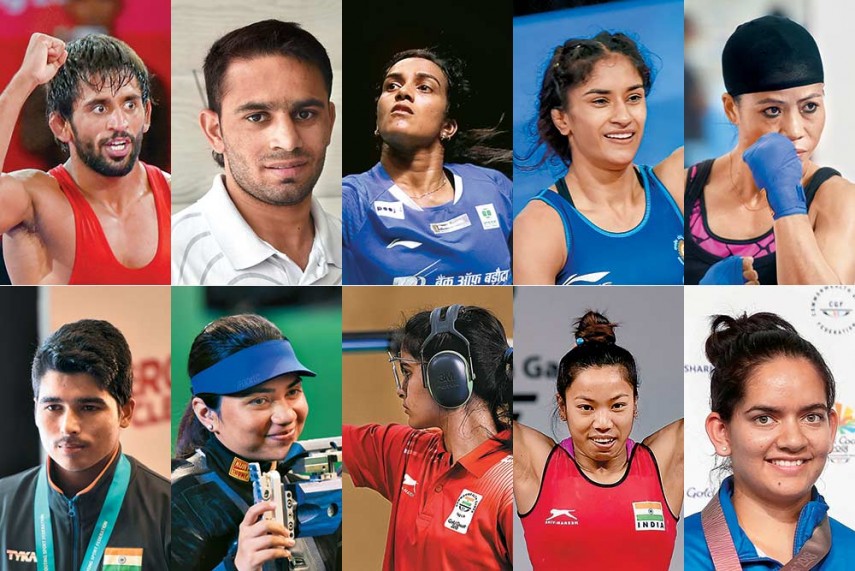New Delhi: Uncertainty and failure are so intrinsic to sports that elite athletes will not have much trouble coping up with a pandemic-forced lockdown according to India’s top sports psychologists.
Rocked by the COVID-19 pandemic, which has impacted minds as much as health and productivity, sports psychologists Dr Chaitanya Sridhar, Nanaki J Chadha and Keerthana Swaminathan are dealing with athletes across disciplines and economic spectrum, being their ‘sounding board, friend’ and enabling them to process the magnitude of the situation.
“When you are dealing with athletes, you can broadly divide them in three categories – the elite, the ones who are at national level aspiring to make it and the next group is academy bunch. The reaction to lockdown will be different,” said Dr Sridhar, who is associated with JSW Sports and has worked with ‘GoSports’ Foundation and IPL franchise Royal Challengers Bangalore (RCB).
For performance analyst and sports psychologist Nanaka, this is the time when ‘you help them (athletes) steer clear of negative thoughts’.
For Keerthana, there is light at the end of the tunnel where a lot of athletes, who probably had injuries or may have been going through slump in form, get a chance to ‘recuperate both physically and emotionally’ in the time away from sport.
But yes, all three agreed that there is also the disappointed lot, which was hitting the peak in what was to be an Olympic year.
“As a psychologist, it breaks my heart to see those who were really peaking before the big tournament. They are the ones likely to be disappointed more. But I am a big believer in Rahul Dravid’s statement: ‘Control the controllables’,” said Dr Chaitanya Sridhar.
“These are people who are accustomed to movement, so all your dopamine, serotonin, all feel good hormones are reduced as you are not on the go. Even if you have a big house, how much can you train?” Dr Sridhar added and said that this is time when an athlete has to be controlled ‘emotionally’.
Nanaka, who is a doctoral and research student at the Staffordshire University in the United Kingdom, said that challenge for any psychologist is to convince the athlete that negative thoughts are not real.
“Negative thoughts are not reality. They are just thoughts. But yes, the performance anxiety is very real. You lose focus and sense of purpose. ‘I was preparing for this event and now what’s next? Will I be able to perform?’ Emotions are stress and anxiety. Isolation is also a big thing,” Nanaka pointed out.
So how does he deal with it? “I just drop in a text to check if they (athletes) are doing alright. I tell them I am there if they need me. I also tell them to involve in some other activities, have a different vocation,” Nanaka added.
Keerthana feels the ‘acceptance of uncertainty’ comes with another aspect.
“You have to regroup and re-calibrate your goals. Think that you have had a career-threatening injury and you are on a road to recovery. You are taking that time and preparing for the Olympics now that it has been pushed by a year,” she said.
This is also the time when exposure to social media can be distressing especially for a top sportsperson with a lot of following stated Dr Sridhar.
“I don’t make much of social media posts. Just don’t sit on playing PUBG and remain hooked to Facebook and Instagram, scrolling posts. Your brain will just be dead. Learn something to stimulate your mind,” asserted Dr Sirdhar.
PTI
